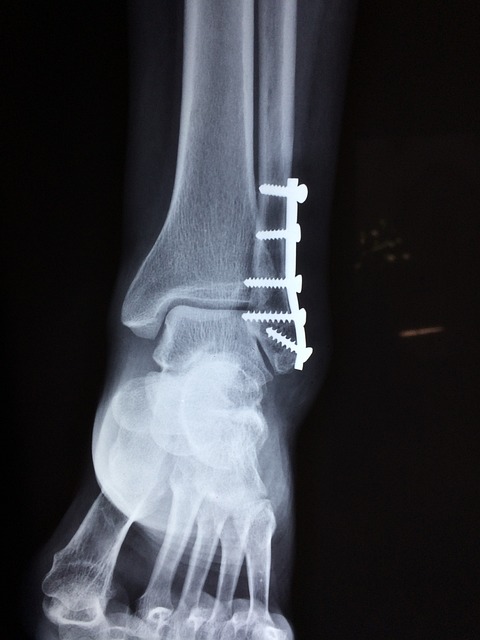The Transformative Power of Dental Implants: A Comprehensive Guide
Dental implants have revolutionized the field of dentistry, offering a permanent solution for missing teeth that closely mimics natural tooth function and appearance. This innovative treatment has become increasingly popular due to its long-lasting results and ability to restore both the aesthetics and functionality of a patient's smile. In this comprehensive guide, we'll explore the world of dental implants, their benefits, and what you can expect from the procedure.

Who is a good candidate for dental implants?
Most adults with good overall health and adequate bone density in their jaw are suitable candidates for dental implants. However, certain factors can affect eligibility, such as:
-
Oral health: Healthy gums and sufficient bone structure are essential for successful implant placement.
-
Medical conditions: Certain diseases, like diabetes or heart disease, may impact healing and increase the risk of complications.
-
Smoking habits: Smokers may have a higher risk of implant failure and slower healing times.
-
Age: While there is no upper age limit for implants, patients should have fully developed jawbones, typically around age 18.
Your dentist will conduct a thorough evaluation to determine if dental implants are the right choice for you.
What is the dental implant procedure like?
The dental implant process typically involves several stages:
-
Initial consultation and planning: Your dentist will assess your oral health, take X-rays, and create a customized treatment plan.
-
Implant placement: The titanium implant is surgically inserted into the jawbone. This is usually done under local anesthesia.
-
Healing period: Over the next few months, the implant will fuse with the surrounding bone tissue through osseointegration.
-
Abutment placement: Once healing is complete, an abutment is attached to the implant to connect it to the artificial tooth.
-
Crown placement: Finally, a custom-made crown is secured to the abutment, completing the restoration.
The entire process can take several months, depending on individual healing times and the complexity of the case.
What are the benefits of choosing dental implants?
Dental implants offer numerous advantages over traditional tooth replacement options:
-
Natural appearance: Implants look and feel like natural teeth, enhancing your smile and confidence.
-
Improved functionality: Unlike dentures, implants allow you to eat, speak, and laugh without worry of slippage or discomfort.
-
Longevity: With proper care, dental implants can last a lifetime, making them a cost-effective solution in the long run.
-
Bone preservation: Implants stimulate the jawbone, preventing bone loss that often occurs with missing teeth.
-
No impact on adjacent teeth: Unlike dental bridges, implants don’t require altering healthy neighboring teeth for support.
How much do dental implants cost?
The cost of dental implants can vary significantly based on factors such as the number of implants needed, the complexity of the case, and geographical location. While implants may seem expensive initially, their longevity and benefits often make them a worthwhile investment.
| Procedure | Average Cost Range (USD) | Factors Affecting Cost |
|---|---|---|
| Single Tooth Implant | $3,000 - $6,000 | Location, dentist experience, additional procedures (e.g., bone grafting) |
| Full Mouth Implants | $25,000 - $50,000+ | Number of implants, type of prosthetic (fixed vs. removable) |
| All-on-4 Implants | $15,000 - $30,000 per arch | Materials used, complexity of case |
Prices, rates, or cost estimates mentioned in this article are based on the latest available information but may change over time. Independent research is advised before making financial decisions.
It’s important to note that many dental insurance plans now offer some coverage for implants. Additionally, many dental offices provide financing options to help make the treatment more accessible.
How do I care for my dental implants?
Maintaining dental implants is similar to caring for natural teeth. Good oral hygiene practices are essential for the longevity of your implants:
-
Brush twice daily with a soft-bristled toothbrush
-
Floss daily, paying special attention to the area around the implant
-
Use an antimicrobial mouthwash to reduce bacteria
-
Attend regular dental check-ups and professional cleanings
-
Avoid smoking and excessive alcohol consumption, which can negatively impact implant health
By following these care instructions and maintaining good overall health, you can help ensure the success and longevity of your dental implants.
Dental implants have transformed the lives of millions of people worldwide, providing a reliable and aesthetically pleasing solution for missing teeth. While the process requires time and investment, the long-term benefits often outweigh the initial costs. If you’re considering dental implants, consult with a qualified dentist to determine if this innovative treatment is right for you.
This article is for informational purposes only and should not be considered medical advice. Please consult a qualified healthcare professional for personalized guidance and treatment.




